|
As conflict and instability force nearly half of Myanmar’s population below the national poverty line, with another quarter close to the edge, we visit a project supported by Community Partners International (CPI) in Karen State that is helping families grow food to support their nutrition and livelihoods and increase resilience in uncertain times.
Since 2017, Houston’s Muslim community has come together to raise funds for Rohingya refugees from Myanmar in Bangladesh. Recently, children from the Houston community illustrated cards with colorful pictures and messages of love for Rohingya children living as refugees.
To mark International Women’s Day, we hear from seven Bangladeshi and Rohingya women supported by Community Partners International, who provide essential services to Rohingya refugees and Bangladeshi communities in and around Kutupalong Refugee Camp, Bangladesh.
On International Women’s Day, we hear from Naw Mar Mar Cho, Director of the Thandaunggyi Women’s Group, about the challenges facing women in remote and conflict-affected communities in southeastern Myanmar and how her organization is helping push back against gender-based and domestic violence and exclusion.
The health of low-income families and communities depends on more than access to health care. We revisit a pioneering project supported by Community Partners International in Myanmar’s Ayeyarwady Delta that seeks to address health needs and empower women to strengthen the underlying social and economic factors that create healthy communities.
Safe Births in Unsafe Places: Supporting Pregnant Women and Newborns in Myanmar’s Conflict Zones1/24/2024
Despite conflict forcing half of their clinics to relocate and restricting their ability to travel, the Thaundaunggyi Women’s Group is adapting to provide women in eastern Myanmar with essential sexual and reproductive health services. But conflict and deep poverty are taking a profound toll on the families they serve.
As World Humanitarian Day approaches, we hear from Rohingya and Bangladeshi humanitarian workers, supported by Community Partners International (CPI), providing essential services to refugees and local communities in Kutupalong Refugee Camp, Bangladesh.
The Young Men’s Christian Association (YMCA) in Nay Pyi Taw, Myanmar, provides free health care services to around 10,000 people with Community Partners International (CPI)’s support. They have diversified into organic farming, livestock rearing, and food products to help fund their health care activities and provide better nutrition to the communities they serve.
Against the backdrop of conflict, political turmoil, and economic crisis in Myanmar, a social enterprise supported by Community Partners International (CPI) is piloting a new approach to health care, bringing sustainable, affordable, high-quality primary health services within reach of low-income households.
In 2021, Community Partners International (CPI) began working with Rohingya traditional birth attendants in Kutupalong Refugee Camp, Bangladesh, to encourage pregnant refugee women to give birth safely in health facilities. The results are astonishing.
|
AuthorCPI Admin Archives
July 2024
Categories
All
|
|
|
COMMUNITY PARTNERS INTERNATIONAL
580 California St Fl 16, Ste 1658, San Francisco, CA 94104-1068, USA [email protected] +1 510 225 9676 We are a registered nonprofit 501(c)(3) Public Charity. TAX ID 94-3375666 |
©
Community Partners International


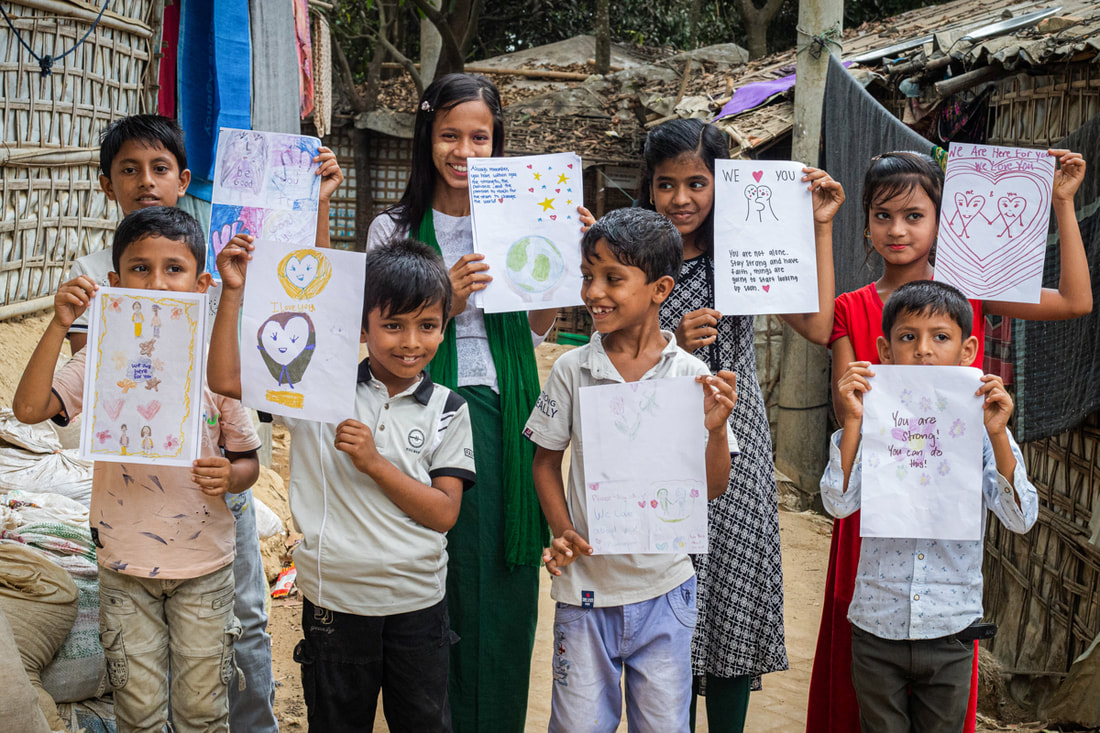
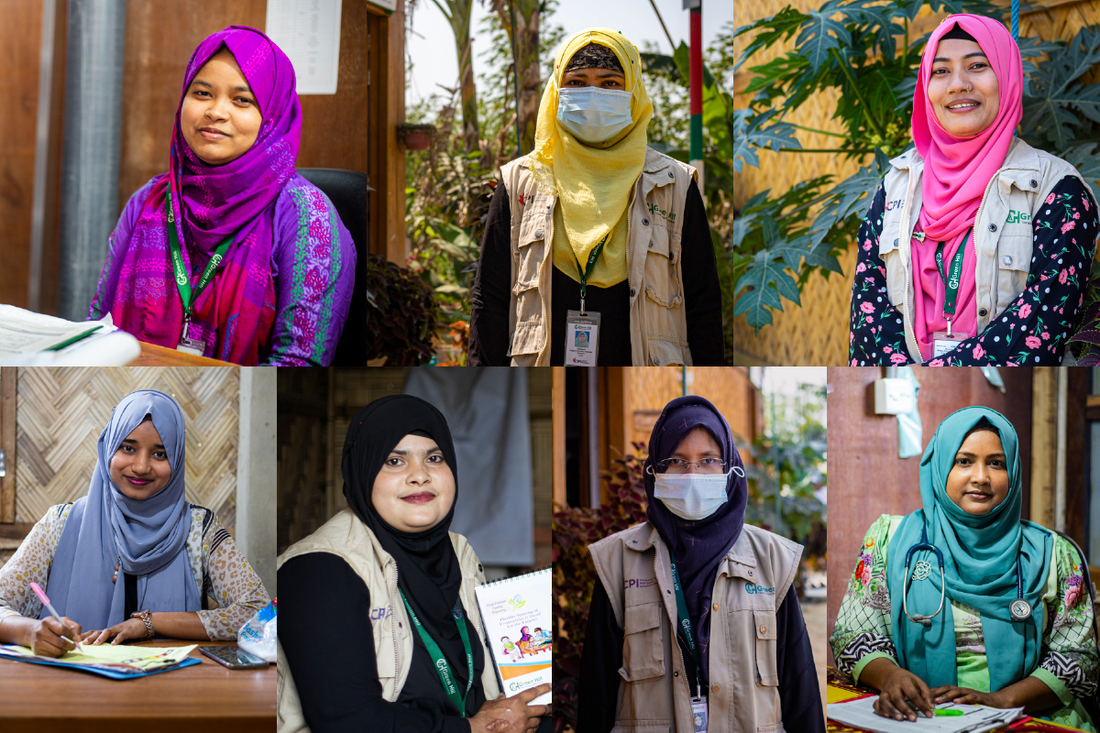
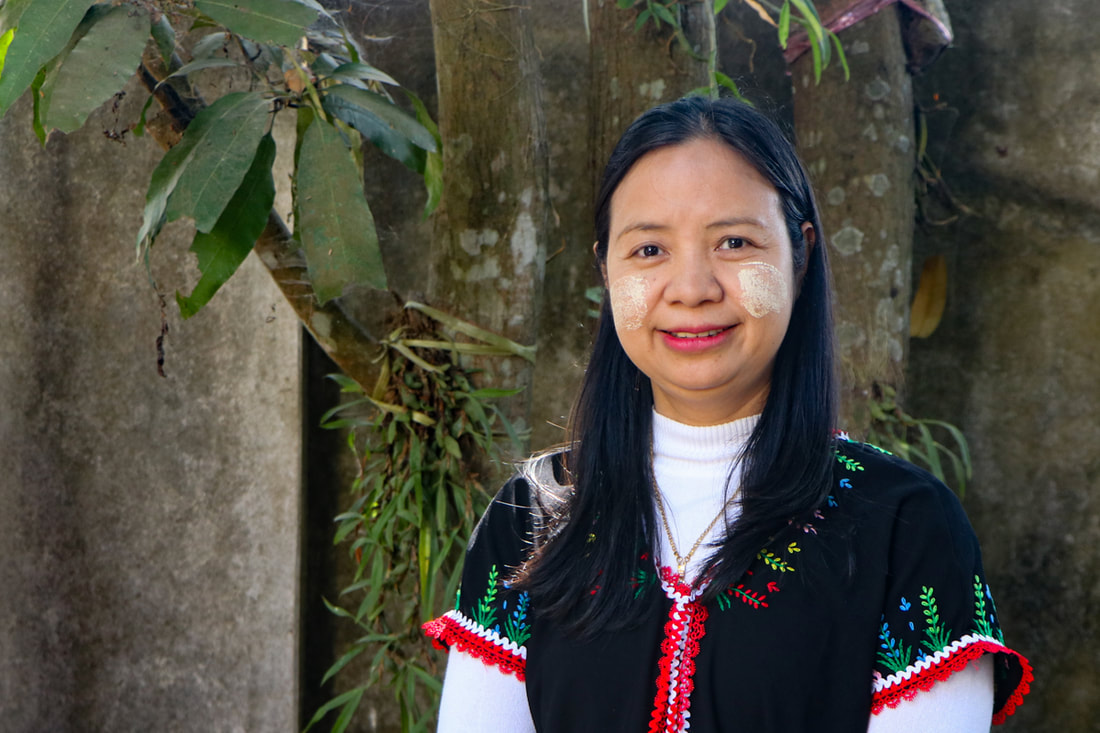
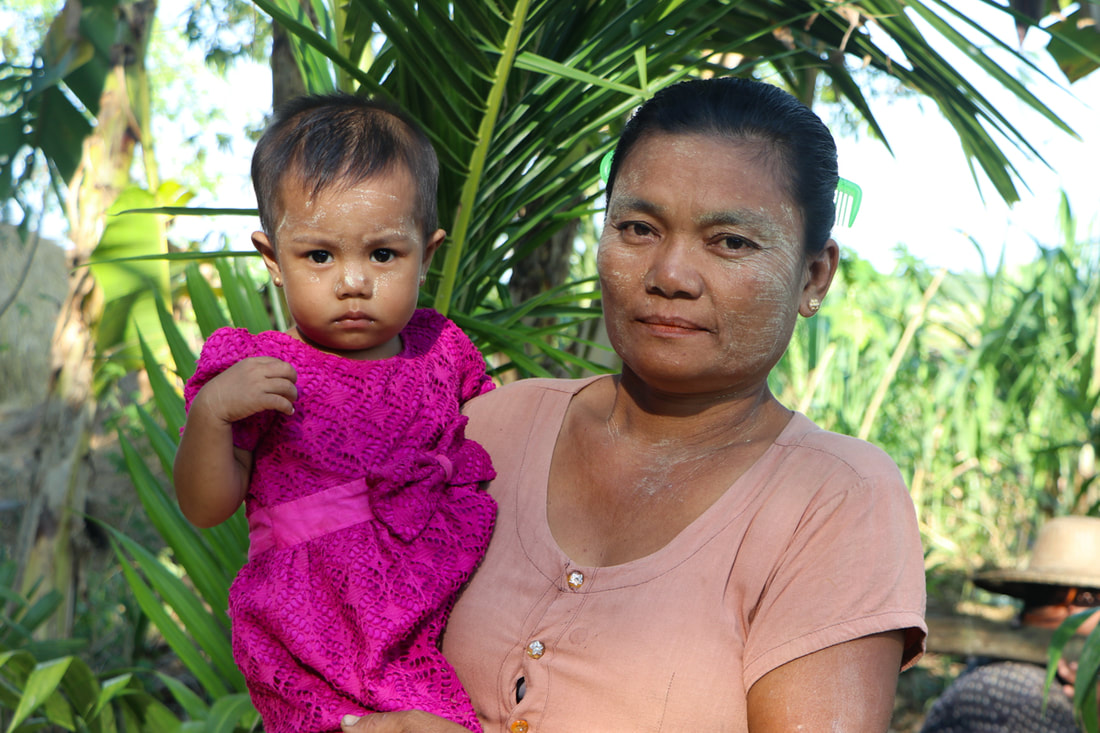
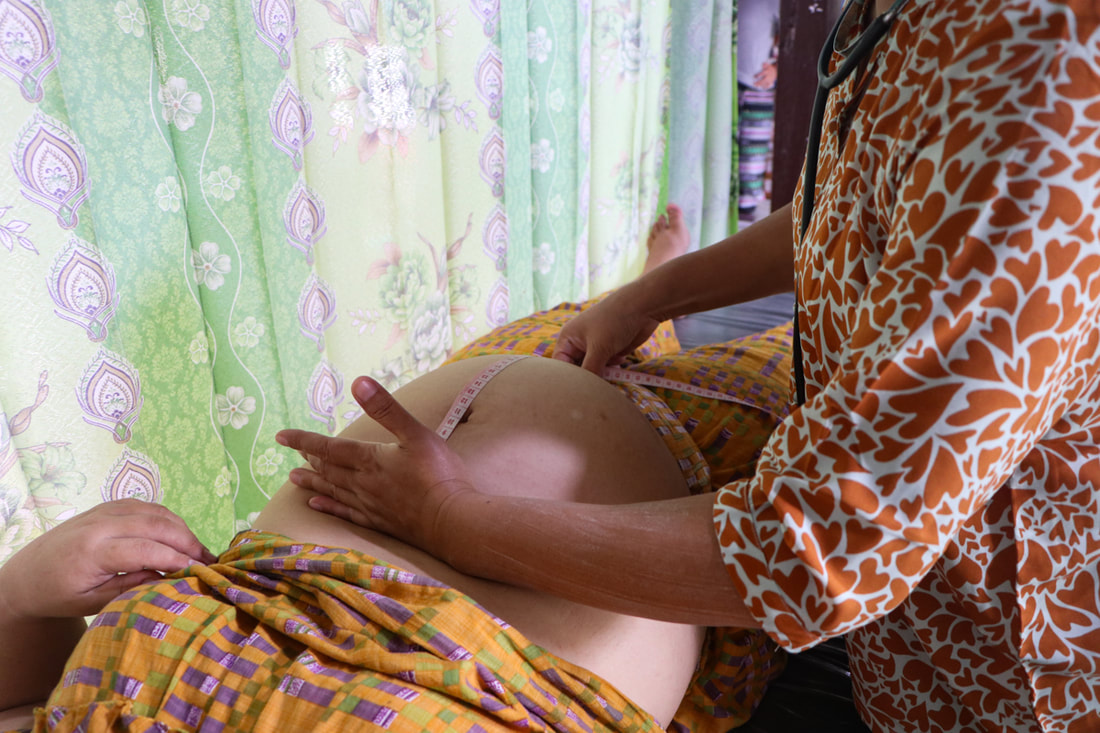
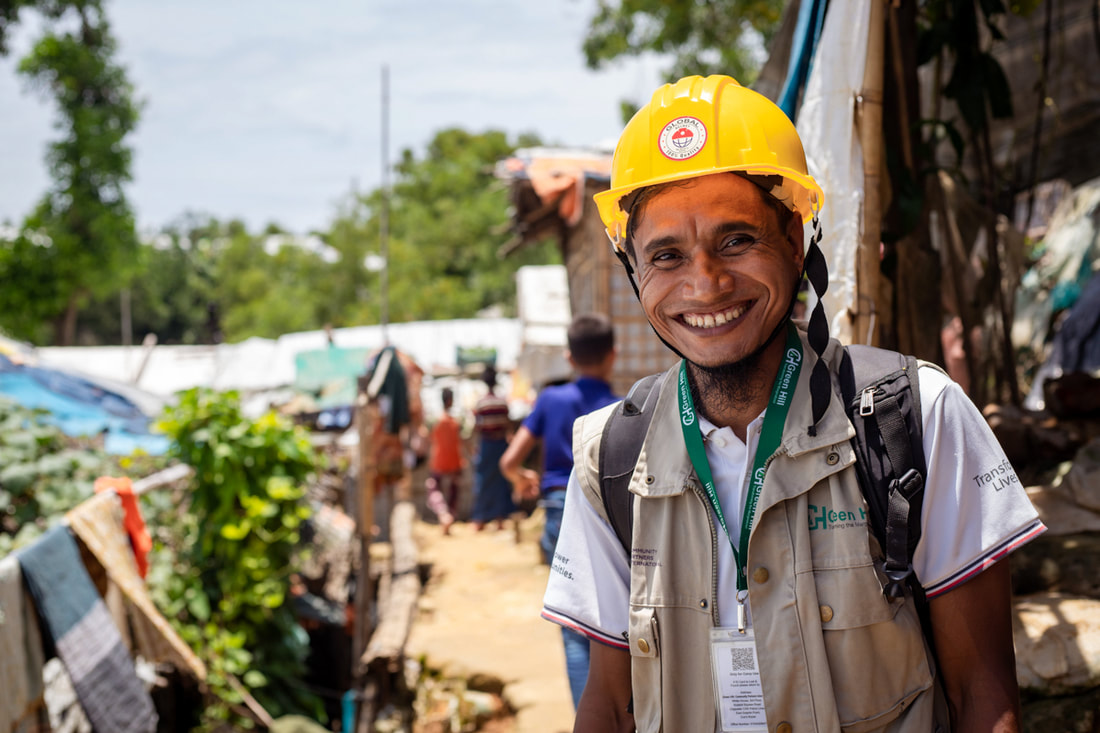
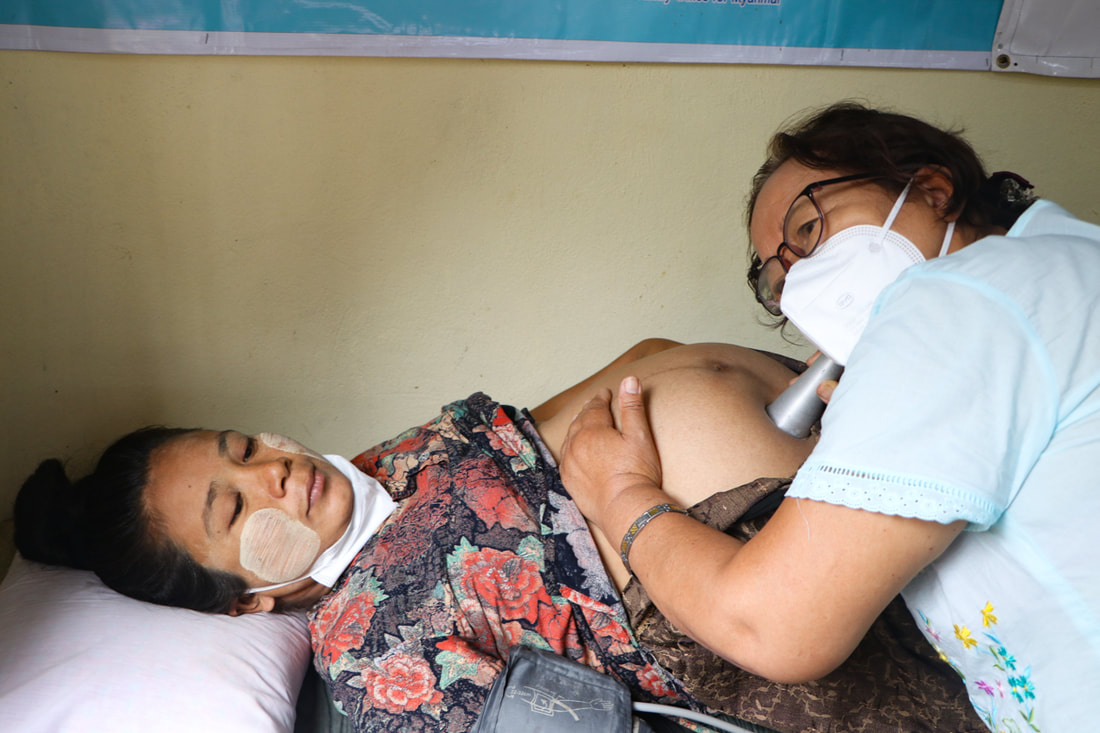
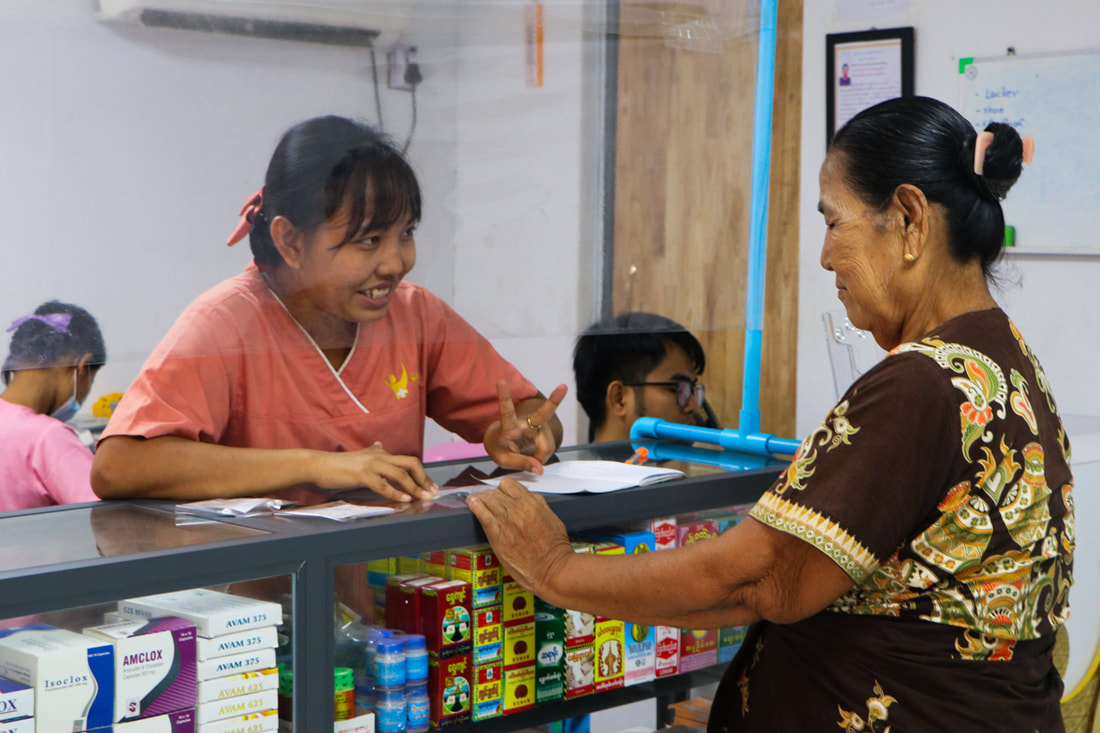
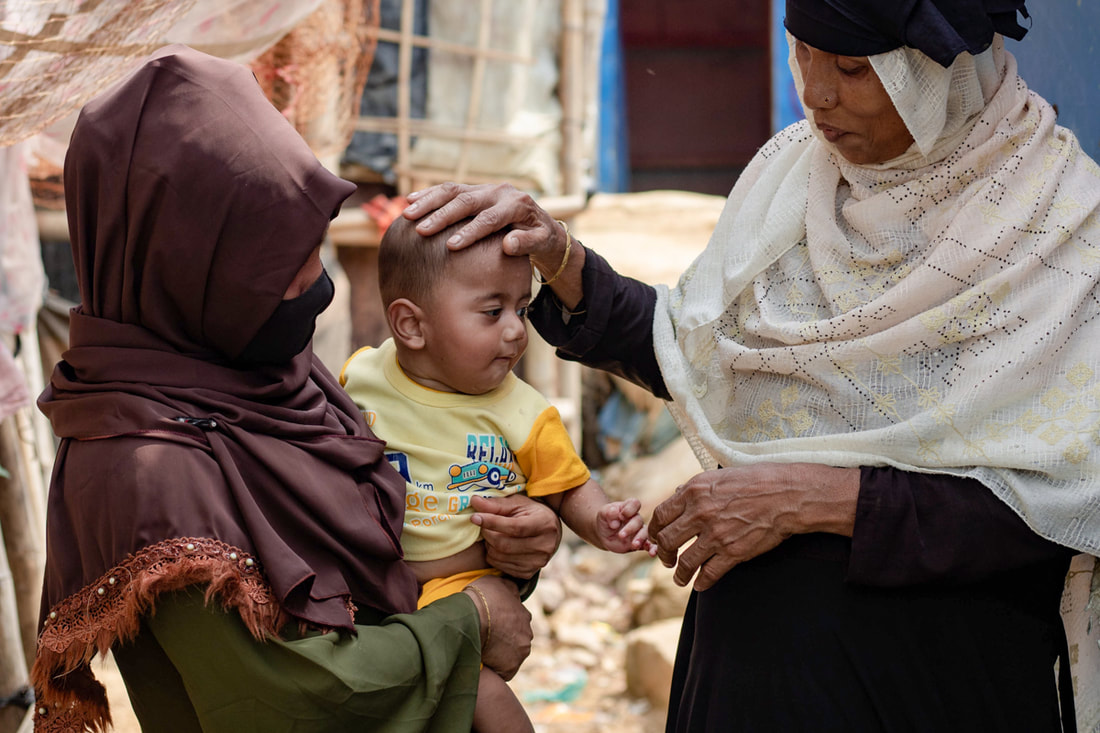
 RSS Feed
RSS Feed
